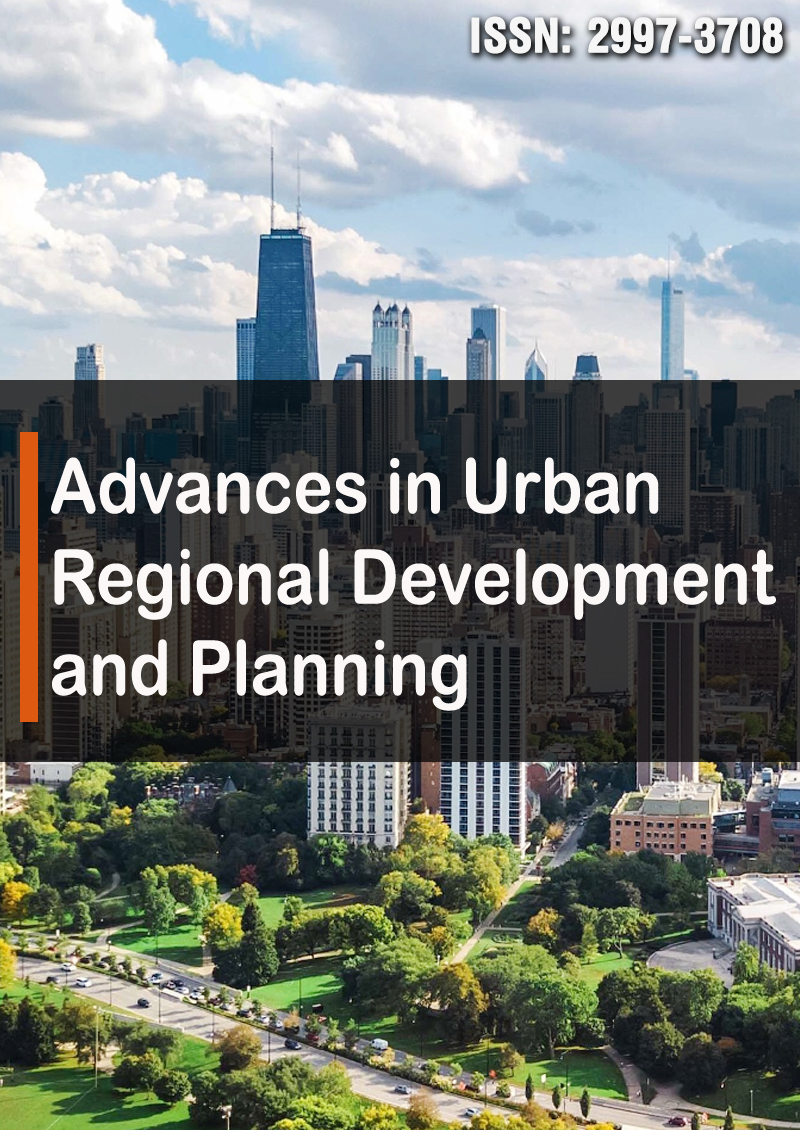A Participatory Urban Governance Framework for Transitioning Cities Towards Sustainability: Linking the Protection of Urban Ecosystems’ Functions and Circularity Principles
Abstract
Sandrine Simon
The purpose of this research is to provide an urban governance framework that can aid decision-makers to transition cities towards more sustainability and resilience. Our premise is that such transition will take time, iterations and adaptations and will benefit from using a governance framework that is both participatory and that also highlights the ecological, economic and social dimensions of sustainability all at once. In order to do so, we suggest considering the city itself as an ecosystem that delivers environmental functions (production, sink, amenity and regulation) through its activities. Using an accounting representation that links urban activities to these functions, we are then advocating building sustainable urban strategies based on the protection of these functions and on minimising non-re-usable waste or by-products. Encouraging such circularity requires negotiation amongst stakeholders who need to know how production processes could be connected to minimise the overall generation of waste. It also promotes cooperation amongst producers and consumers, and generates collective learning and co-creation. The article shows that adopting an ecosystemic representation can help in understanding circularity as a regenerative approach that goes beyond an accounting balancing exercise. We suggest to integrate design thinking to enhance negotiations based on the information provided by the accounts. The research illustrates how such method could be operationalised by focusing on food system activities, stakeholders, and security as core to urban resilience, using Lisbon Metropolitan Area food strategy as a case study.



